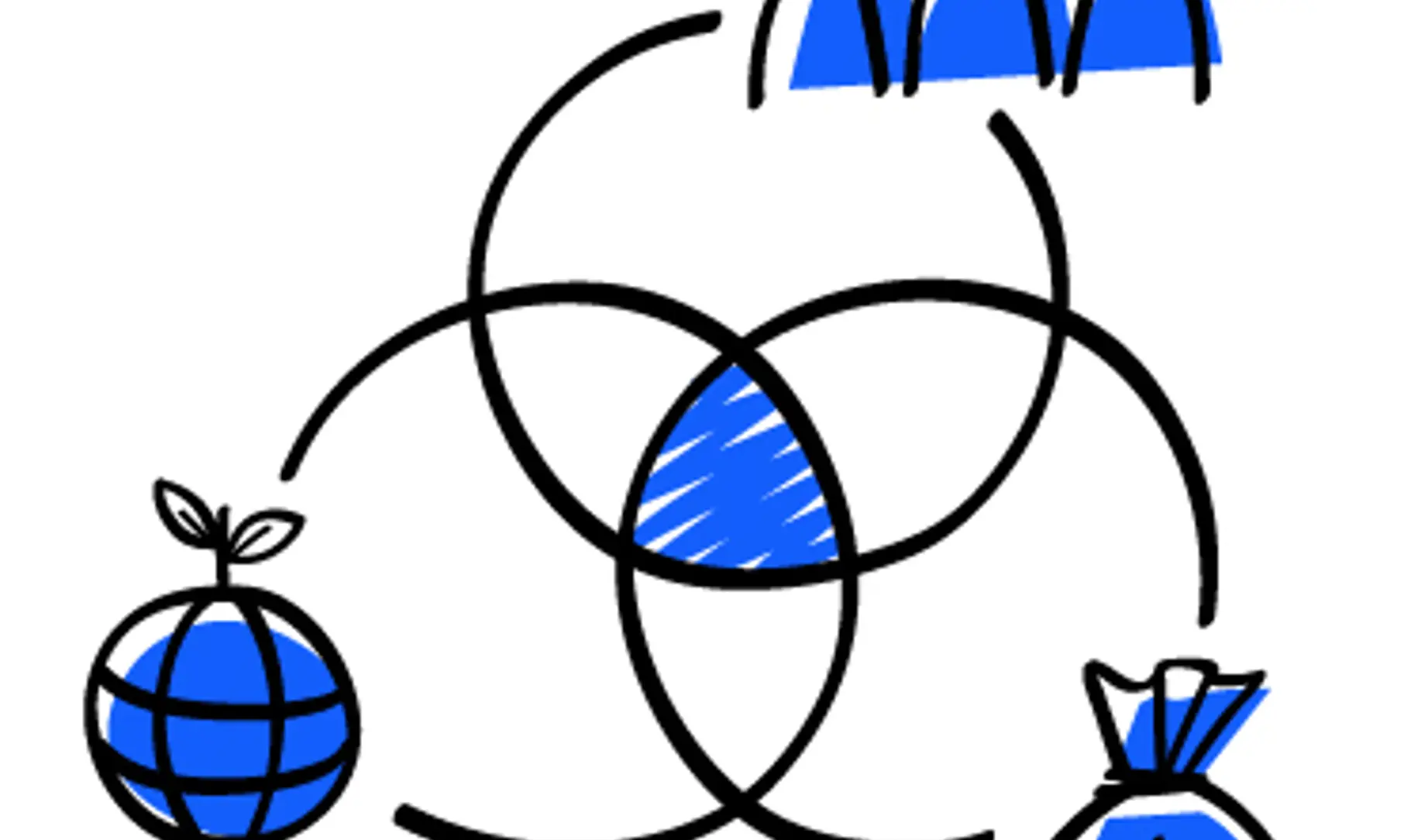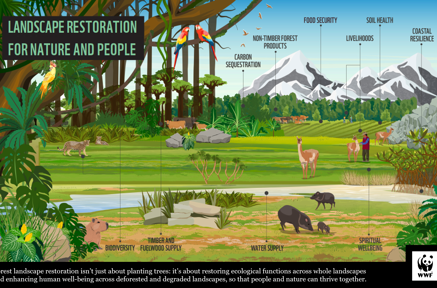Why the big picture matters?

Sustainability is an urgent ask today. Yet, it is complex to navigate, often shadowed by perceptions. This makes it crucial for all stakeholders to gain a better understanding of the varied factors that contribute to the big picture. While consumers need to look beyond one angle such as recycling and asses the sustainable credentials of a product in totality, manufacturers need to re-evaluate their supply chain to get an accurate assessment of their environmental impact and make necessary changes.
A multidimensional outlook
The triple bottom line—people, planet and profit— is the foundation of sustainability in any business, encompassing environmental, social, and economic considerations. For the food and beverage industry, this leads into responsible sourcing, using resources efficiently, working on an ethical and transparent supply chain, reducing food waste, lowering emissions, ensuring fair business and labor practices, and more.

The long list can be daunting and therefore we need to remember that sustainability is a journey, and not a goal to be achieved over a short period of time. So, what are some of the most important things to look out for?
Starting at the source
Responsible sourcing is a top consideration for all businesses, but in food and beverage industry it takes on a new dimension with almost 90% of emissions coming from their supply chain, including agriculture and dairy farms. Agricultural emissions cannot be wished away but choosing suppliers practicing sustainable agriculture can make a difference in the long run. This expectation needs to extend to packaging partners, given the historically resource-intensive nature of the industry.
The full impact
Sustainability cannot be siloed. Take aluminum, an infinitely recyclable material but with a massive impact during the extraction and processing stages. So, it is vital to consider all the stages of a product's life, from raw material extraction to disposal, and quantify the environmental impacts in a variety of categories, such as climate change, water and air pollution, land use, resource depletion, and even health. This is where independent lifecycle assessments (LCA) are crucial, breaking down complexities into data and providing a comprehensive perspective.
Backed by credibility
Reputable certifications and approvals from regulatory bodies demonstrate a long-term commitment. Acting as more than a stamp of approval, it showcases an intent of real changes, in the present and future. Take FSC™ and ASI in materials or approval of science-based targets helping businesses define a strategic pathway to reduce their greenhouse gas (GHG) emissions. There are many more environmental certifications, each with its own process for assessment.
End of life still matters
Looking at the big picture means thinking more than recycling, however, end of life is still a critical part of a product lifecycle. And therefore, it matters significantly alongside circular design, use of renewable resources, and so on.
An actionable path forward
The growing awareness and regulations around the globe are pushing all sectors, including food and beverage, to commit to sustainable operations and make net-zero pledges. But there is more to it. A business committed to sustainability in the long run stands out with its clear strategy, measurable goals, and transparent communication.
The factors mentioned here are vital for gaining an insight into the big picture but how does one get the details? The answer lies in reliable data sources such as ESG reports and sustainability reporting as well independent assessments like LCA, and Environmental Impact Assessment (EIA). In the next part of the series, we will examine how to decipher this data and what do some of these concepts even mean. Keep a lookout for the post or get it in your inbox by subscribing to our bi-weekly newsletter.

Beyond tree planting

How conserving the jaguar king can protect its forest kingdom

